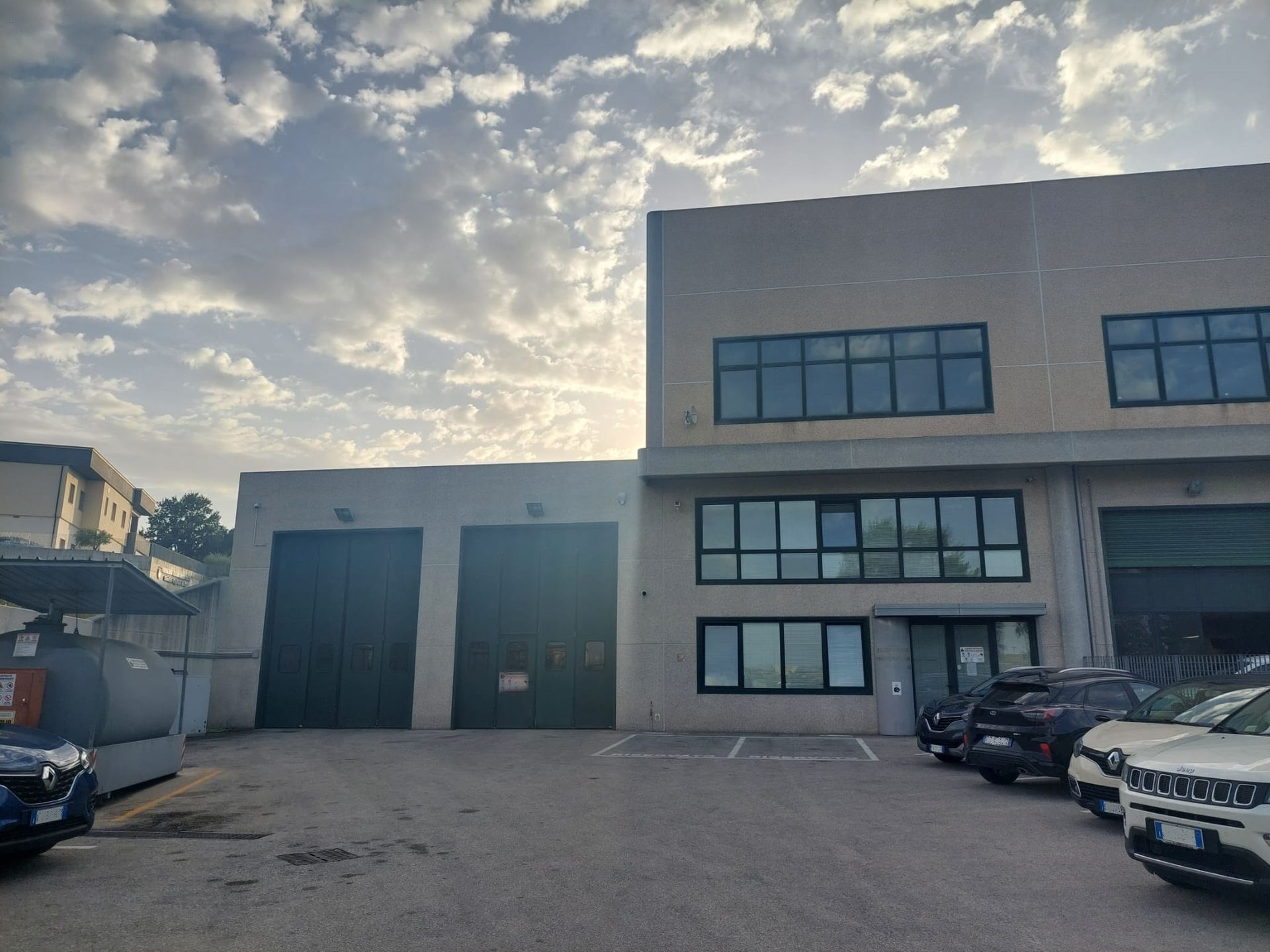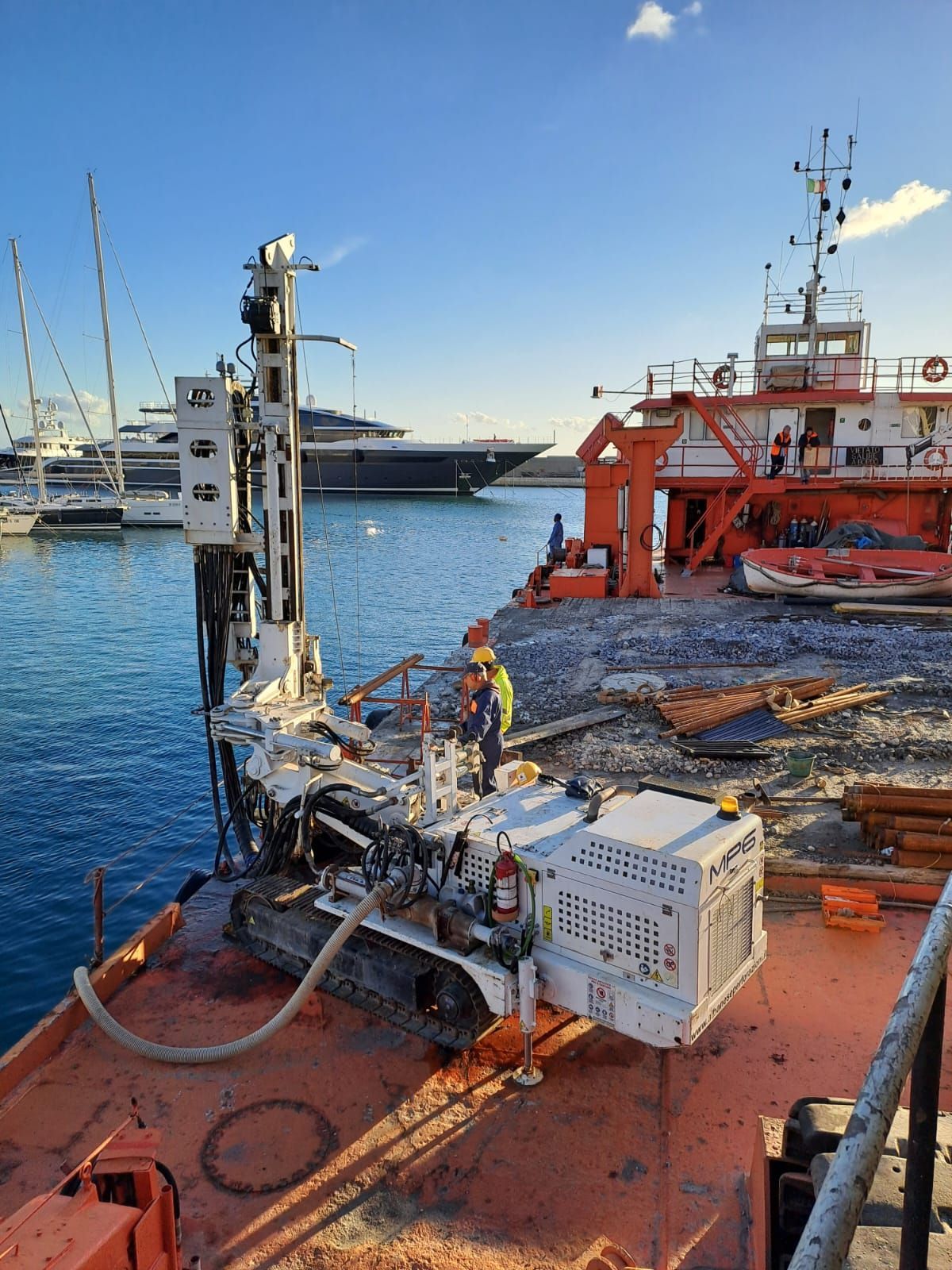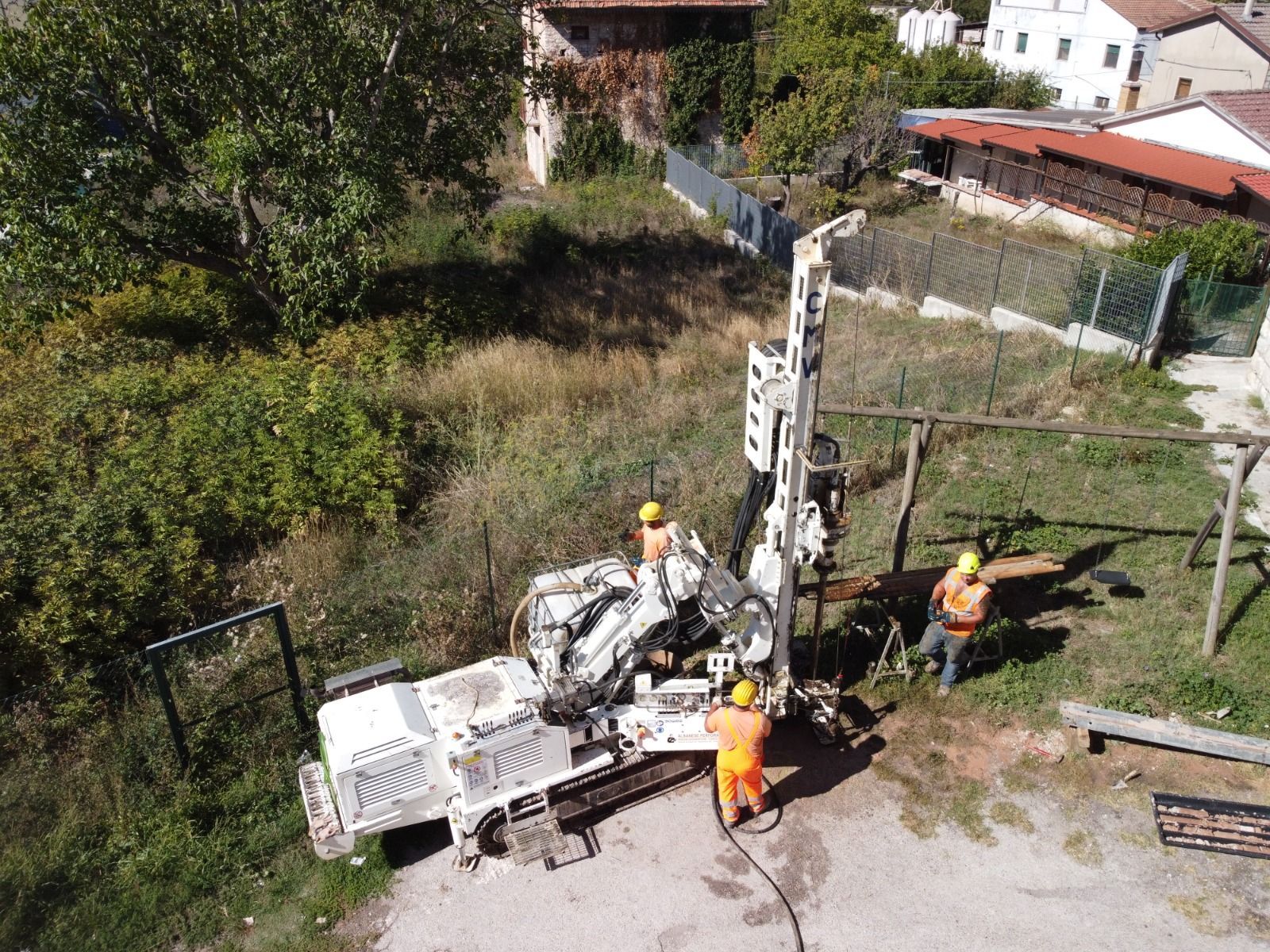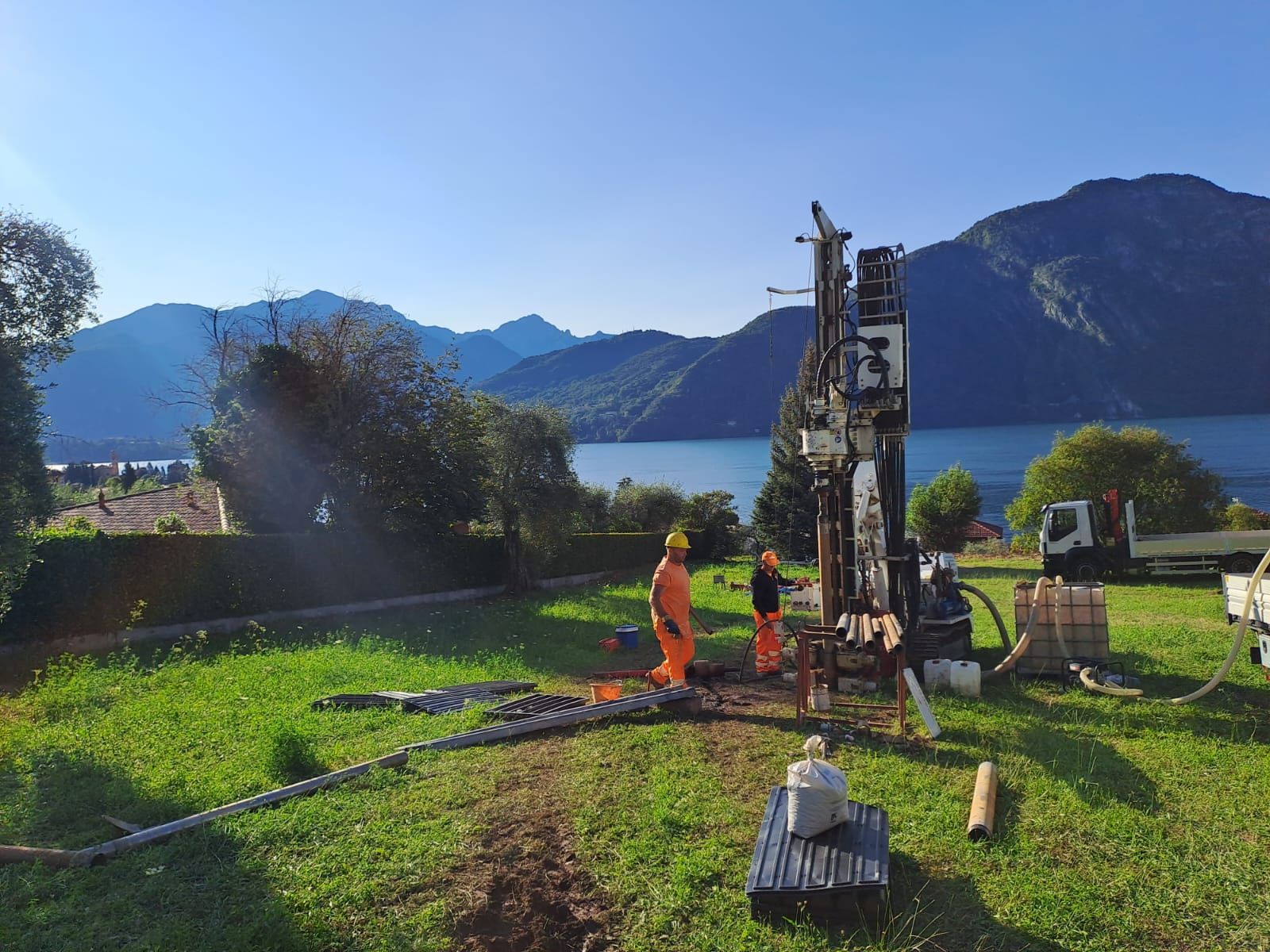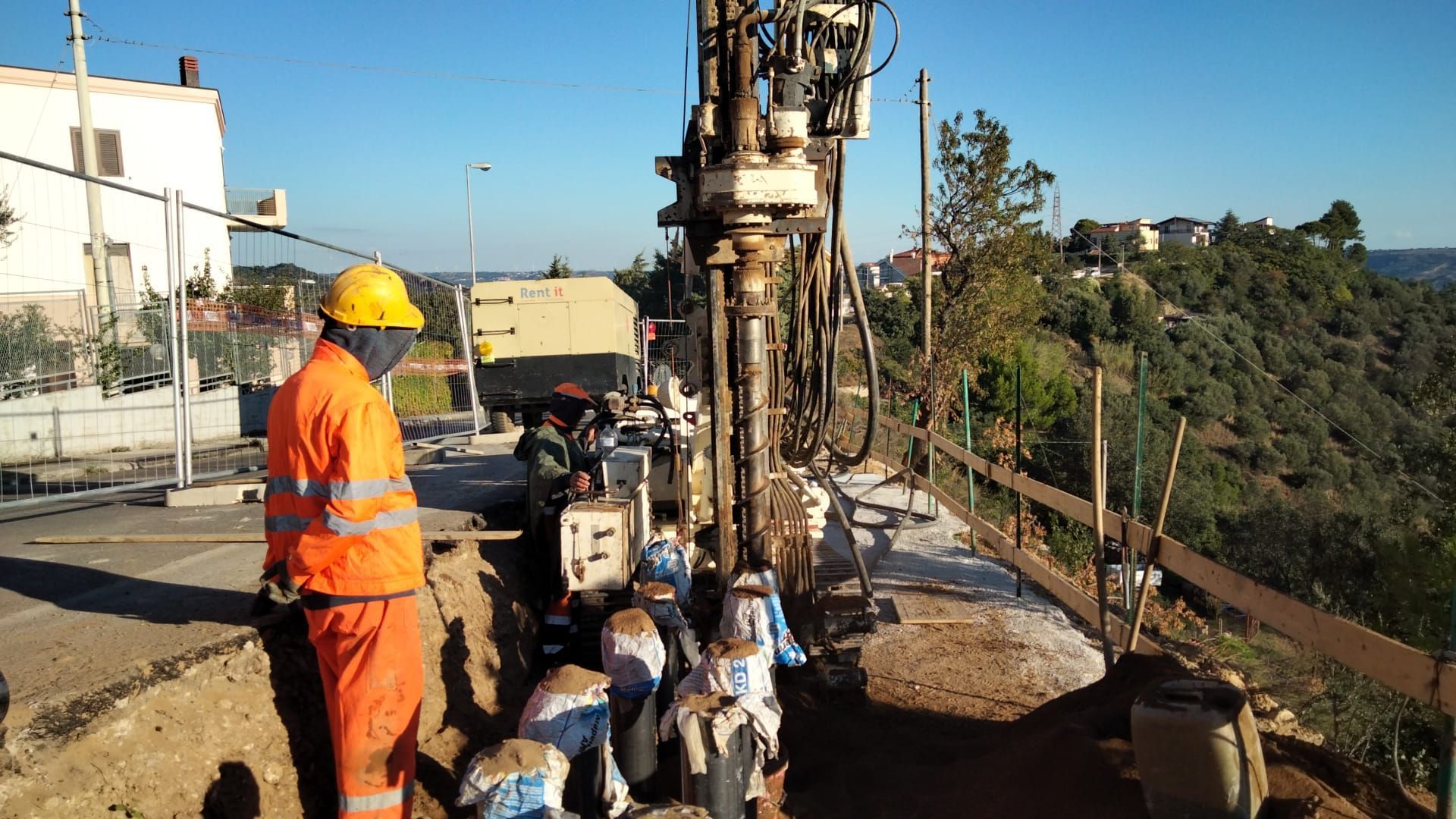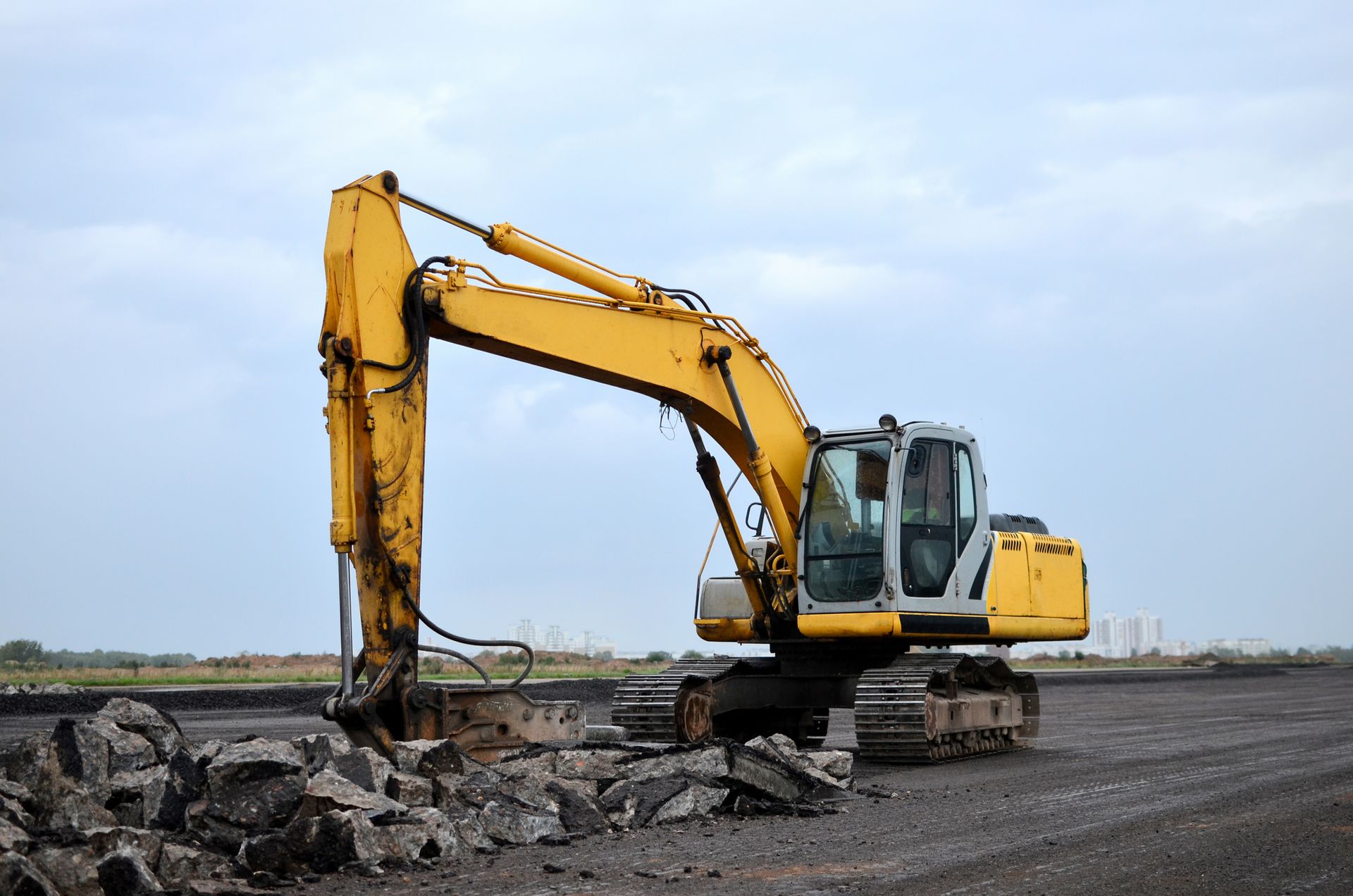
Trivellazioni e sondaggi
Sede a Ripalimosani in provincia di Campobasso, interventi su tutto il territorio nazionale
INGEGNERIA DEL SOTTOSUOLO
ALBANESE PERFORAZIONI SRL con sede a Ripalimosani in provincia di Campobasso, ha costruito una forte reputazione
e competitività commerciale nell'ambito dell'ingegneria del sottosuolo.
Grazie a tecnologie innovative, alla flessibilità organizzativa e alla motivazione dei propri collaboratori, l'azienda
è stata in grado di affermarsi come leader per fare fronte alle richieste specialistiche da parte dei propri clienti.
Lo staff esegue indagini geognostiche in Molise.
OBIETTIVI E STRATEGIE
La strategia aziendale non si limita tuttavia all'utilizzo di tecnologie innovative: l'obiettivo principale rimane quello di estendere le proprie conoscenze al servizio della qualità del progetto finale.
L’esperienza accumulata dall’azienda nel corso degli anni ne è la testimonianza più eloquente.
ALBANESE PERFORAZIONI SRL è pronta ad accogliere nuove sfide sempre con un occhio di riguardo verso l'innovazione e la ricerca di soluzioni che possano essere in linea con il futuro. Lo staff è specializzato nell'esecuzione di perforazioni in Molise.
-
L'Azienda
PulsanteScrivi una breve descrizione
-
Indagini geognostiche in off shore
PulsanteScrivi una breve descrizione
-
Indagini geognostiche
PulsanteScrivi una breve descrizione
-
Perforazioni e trivellazioni
PulsanteScrivi una breve descrizione
-
Consolidamenti
PulsanteScrivi una breve descrizione
-
Opere idrauliche e lavori stradali
PulsanteScrivi una breve descrizione
-
Certificazioni
PulsanteScrivi una breve descrizione
-
Contatti
PulsanteScrivi una breve descrizione
Contatta la nostra sede
Contatta il nostro staff per fissare un appuntamento per una consulenza
o un sopralluogo

Via Alcide De Gasperi, 80
86025 - Ripalimosani (CB)
Via Alcide De Gasperi, 9-5 - 86025 Ripalimosani (CB)







